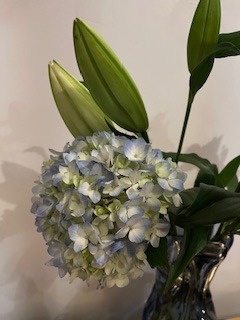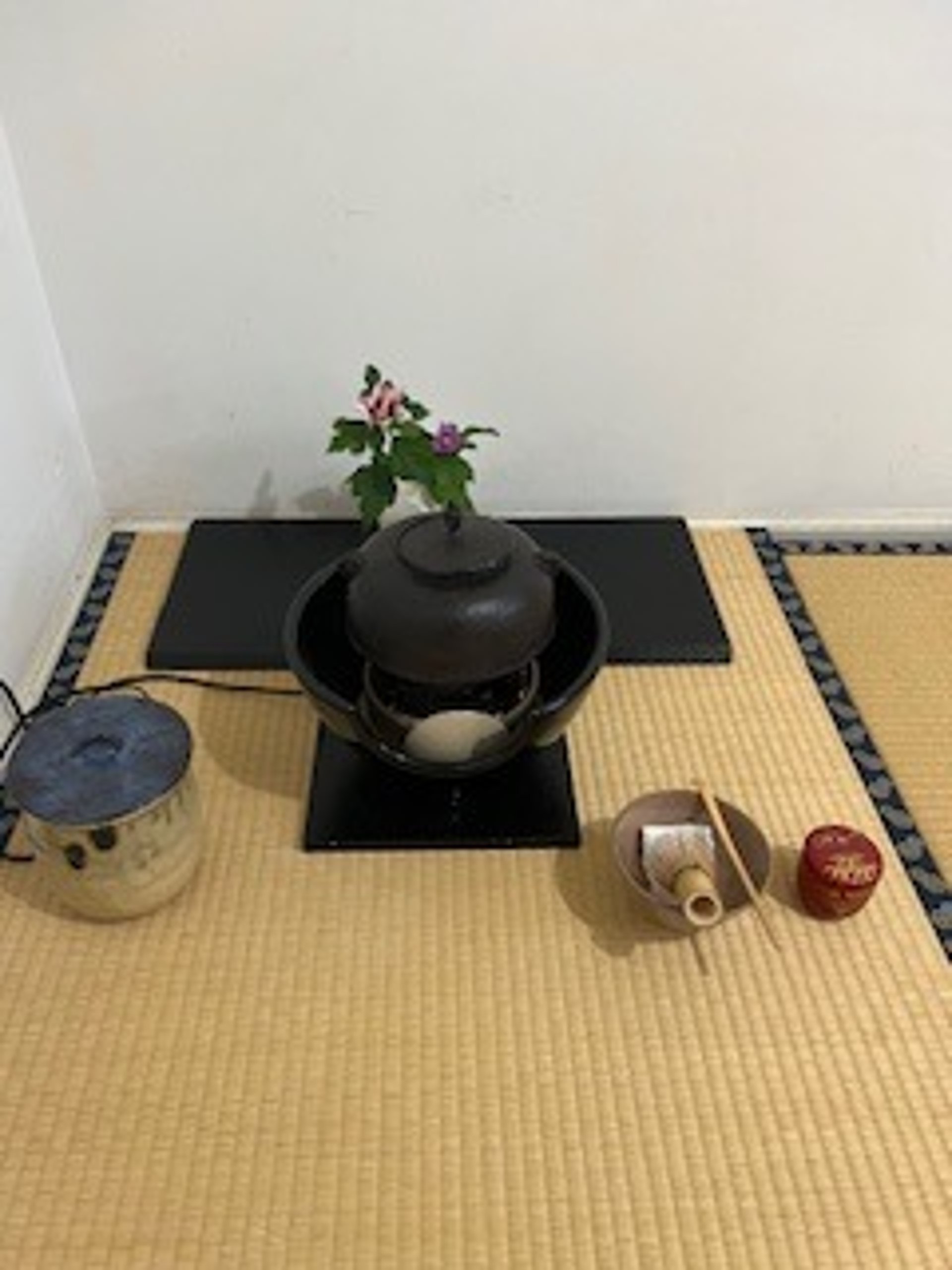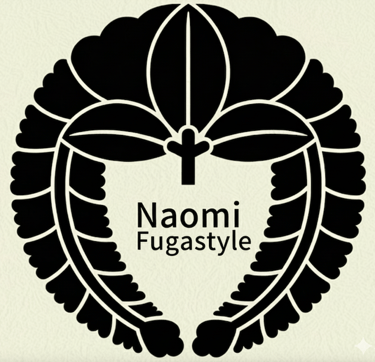Ajisai (紫陽花)_Hydrangia_mythology#3
6/7/20251 min read
Write your text here...The origin of the belief that hydrangeas are a charm for warding off evil is not entirely clear, but there are several theories.
1. From the language of flowers
Hydrangeas have various meanings in flower symbolism, such as "capricious" or "cold-hearted," but in Japan, they are also associated with meanings like "family harmony" and "health." These associations might have led to their use as symbols of protection or a charm to ward off evil. Since hydrangeas are commonly seen during the rainy season, they may have been planted near shrines and temples, where they were seen as warding off bad luck or evil spirits.
2. Ancient beliefs and customs
Hydrangeas have long been regarded as sacred plants in Shinto and Buddhism in Japan. It’s possible that planting hydrangeas in gardens became a custom to repel evil spirits or misfortune. Particularly, the way hydrangea flowers change color may have contributed to their symbolic connection to transformation and the idea of warding off evil spirits or bad luck.
3. Folk beliefs
In traditional Japanese folk beliefs, hydrangeas were sometimes considered plants with spiritual power. For example, people might decorate their homes with hydrangea flowers or plant them in their gardens as a way of protecting themselves from misfortune or negative energy. These beliefs likely contributed to hydrangeas being seen as a form of charm for warding off evil.


My post content

Contact: artspacenakahashi@gmail.com
Experience mindfulness through Japanese tea ceremony on the Tatami Room
Time schedule: 1 hour Fee: $80 ( $10 discounted from $90 by Feb 2026)
Pleae contact any inquiry, regarding, class, personalized consulting,,,etc..
artspacenakahashi@gmail.com
© 2024. All rights reserved.
